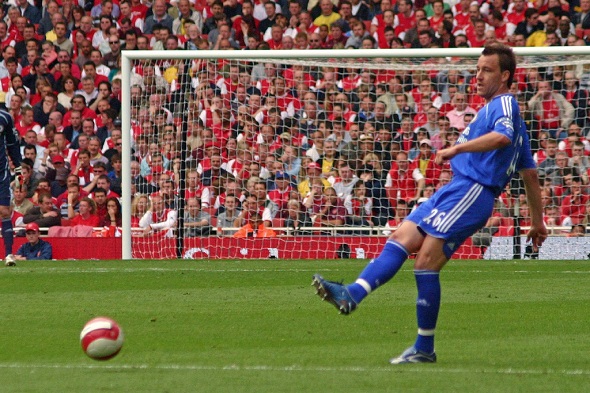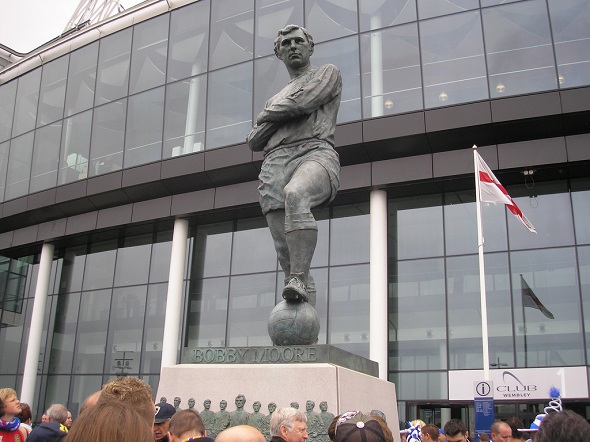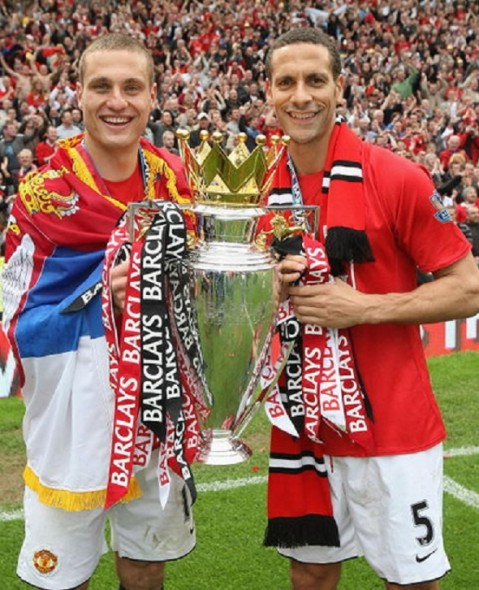
In order to succeed on and off the pitch, every team requires a small group of leaders who are prepared to take responsibility for the entire group, help unite the dressing factions and maximize the potential of the different personalities and characters within the squad.
The selection of the captain and vice-captain is fundamental to successful team cohesion. A poor choice in this area will set the tone throughout the rest of the side. The skipper needs to command authority and respect- but there are a number of other important qualities that demonstrate their suitability for the job.
Here are our five top attributes for team leadership:

1) Lead by example: If the captain is not able to give total commitment to the football team on and off the pitch, the coach has picked the wrong person for the job. The captain needs to act the part by being disciplined and matching the standards expected of all other members of the squad, both in training and in match-day situations. Nobody respects a hypocrite, so it’s imperative the team leaders fulfil their own requirements first, before they begin lecturing others on collective responsibility or effort levels.

2) Be vocal and organize: Vincent Kompany, Nemanja Vidic, John Terry, Kevin Nolan and Phil Neville stand out as some of the best captains in the Premier League because they have the ability to organize and demand total commitment from their fellow team-mates. Football is a team sport, and to function as a team, the captain needs to have the tactical acumen to address flaws at both ends of the pitch and basic man-management skills to ensure the players respond to the messages he or she relays. In other words, every team needs a leader who is prepared to shout and scream at the other players who have strayed out of position. Frequently.
3) Be a central figure in the dressing room and build trust: To be respected on the pitch, the team leaders need to be seen as approachable and trustworthy- and certainly not a mole that will leak confidential information back to the coach at the drop of a hat. However, the captain (in particular) must act as a conduit with the management when there are serious internal problems that the players feel they cannot approach the coaches with. The captain doesn’t necessarily need to win in the dressing room popularity stakes but they do need to be available and welcome open and frank discussions on all football related matters.

4) Encourage/inspire other team mates: The team leaders need to be available to spend a lot of time with new, inexperienced or younger players, in order to help them settle into the team environment. With so many different personalities within the dressing room, it’s important that the team leaders can adopt various motivational strategies depending on the individuals concerned. While some players will need plenty of complements and their ego massaged on a regular basis, others require a lot of cajoling to get them in the right frame of mind (think Mario Balotelli)! The captain should be able to recognize what makes their teammates tick and know how to get the best out of them.
5) Positive thinker: Encouragement is one thing, but to inspire an entire team to recover from a setback requires plenty of mental fortitude and an ability to make others believe in what they are saying- that’s quite another. The time for full-scale inquests can usually be left until full-time, as it’s more important the players concentrate on bouncing back immediately from their mistakes, rather than starting a full-scale debate on the merits of zonal or man-to-man marking. The great leaders of football don’t necessarily have to be one of the team’s star players to make their presence known. Encouragement and a positive attitude can go a long way in this sport- but above all else, never give up.









